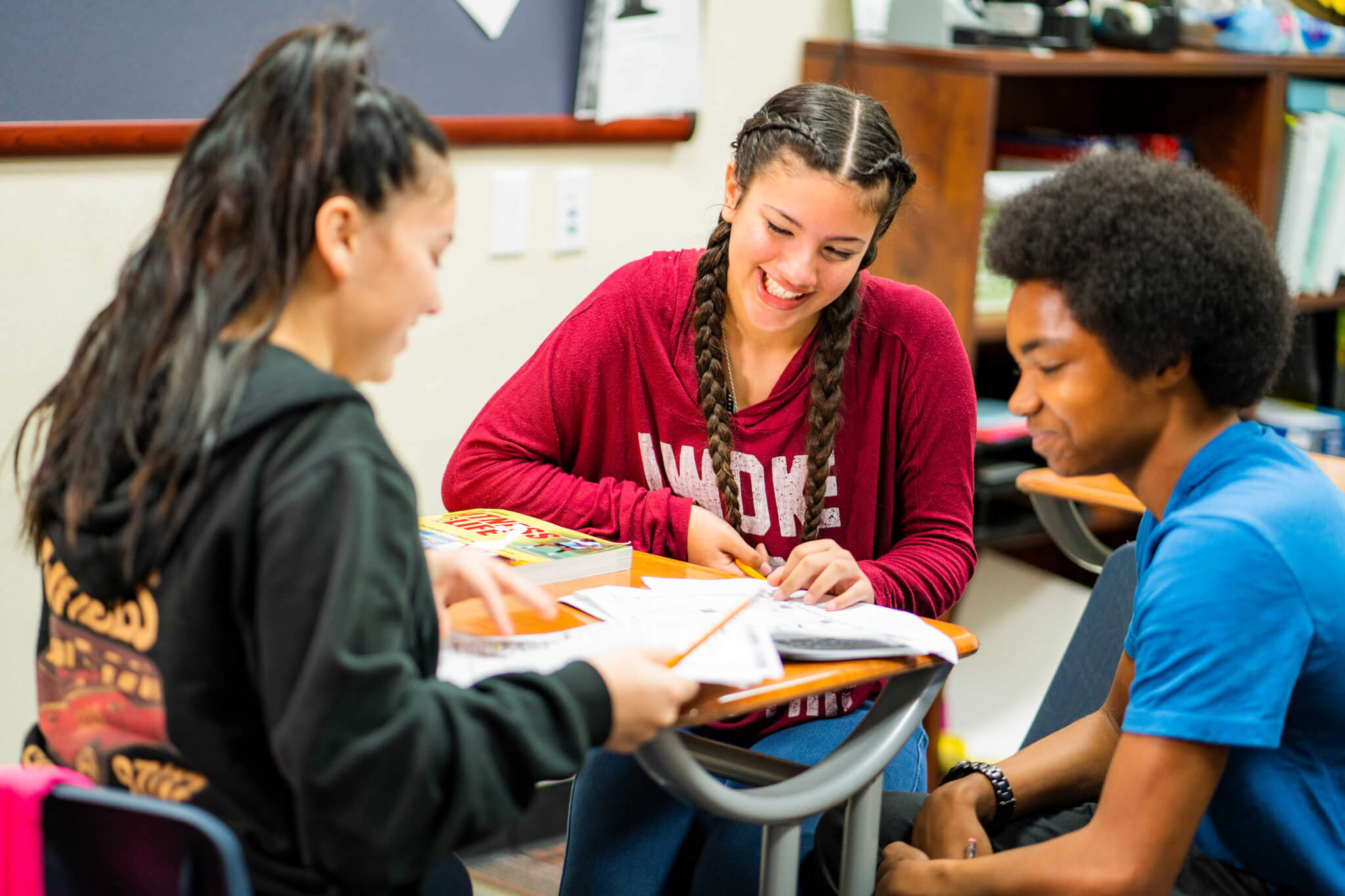
LOS ANGELES, CA (September 25) – In the United States today, there are more than 4.5 million opportunity youth – defined as 16-24-year-olds who are not in school and don’t have a job. The need for helping this growing population is dire since a dropout is eight times more likely to be incarcerated, ineligible for 90% of jobs and likely to become a drain on public services. Learn4Life, a network of nonprofit public schools, is known for helping opportunity youth get back on track and graduate high school.
More than 19,000 students have graduated from Learn4Life since its inception in 2001. Here is a five-step checklist for helping at-risk students get back on track:
1. Provide a personalized learning model of education: Not every student learns the same and many have obstacles and adult responsibilities that prevent them from going to school five days a week. The first step Learn4Life takes with students is to assess their skill level and learning style to tailor a customized curriculum and academic action plan – no matter when they begin during the year. Extended hours each day give students more time to meet with their teachers, receive free tutoring or work on assignments. Flexibility, one-on-one attention and programs for specific needs are all important.
2. Provide wrap around services to help with the essentials of life: Many students may need food or shelter, or are emotionally distracted with a difficult situation at home – which restricts them from being able to concentrate on academics. By getting to know the obstacles in the way of learning and providing resources to meet those needs, Learn4Life students can focus on schoolwork.
3. Expose them to job skills and CTE pathways: Each enrolled student begins with a 10-week job skills training course. Then they can enroll in CTE courses with opportunities to learn hands-on skills while earning college credits or industry-recognized certifications. Students are able to secure internships, apprenticeships or jobs with the skills acquired from CTE courses.
4. Provide accountability and encouragement through an abundance of counselors, mentors and support staff: The students are assigned to a supervising teacher — who identifies and addresses any adversity to learning – as well as a team of subject-specific teachers with whom they meet at to review their personalized lessons, get help with assignments and complete tests. Students are provided with free tutors in math and English; small group-based instruction labs; and full-time counselors who provide social, emotional and academic mentorship and guidance.
5. Infuse instruction with trauma-informed practices to create a resilient student: Learn4Life’s model centers around the social-emotional needs of the students first while following trauma-informed guidelines of the nationally recognized Adverse Childhood Experiences (ACEs)

Connection. It includes resiliency practices like yoga, meditation and group counseling to provide students the tools to cope and be resilient to new challenges that will come after graduation.
“One size doesn’t fit all in education which is why we need student-centric academic programs with wrap-around services for at-risk students,” said Learn4Life National Superintendent of Schools Caprice Young. “Creating classrooms of one has had such a positive impact for so many students.”
